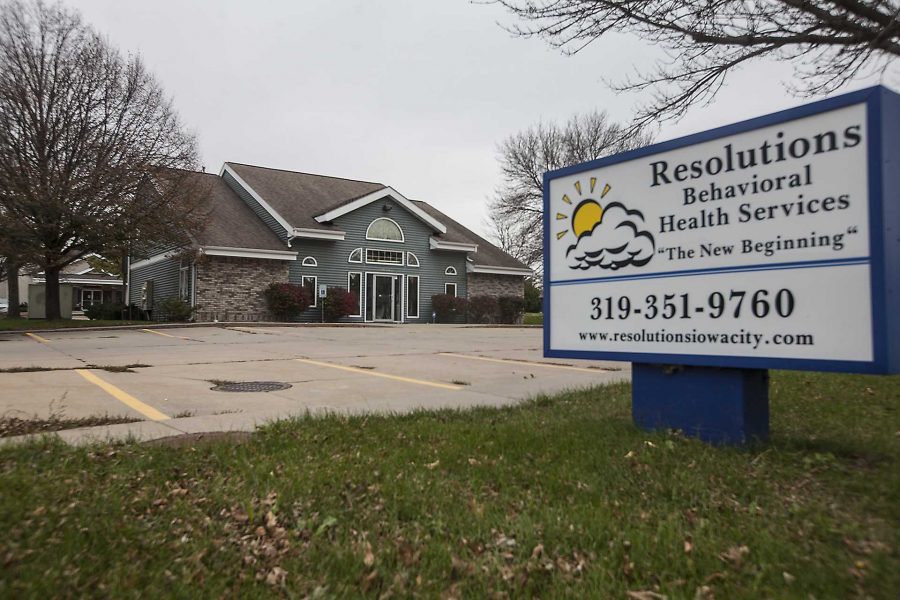The Governor’s Office released a four-point proposal to attempt to mitigate the public-health emergency.
By Julia Shanahan
[email protected]
When President Trump declared the opioid epidemic to be a public-health emergency, it turned into a national issue, if it hadn’t been before.
According to the Centers for Disease Control and Prevention, approximately 64,000 Americans died from opioid use in 2016.
The Trump administration’s efforts will allow states to more flexibly use grants and funding on hand, and the effort will also implement telemedicine where people may not have access to receive in-person prescriptions.
Iowa’s reaction to the opioid crisis was discussed in an Oct. 26 press release from the Office of Gov. Kim Reynolds, R-Iowa.
Reynolds has four goals: increasing prescriber use of the Prescription Monitoring Program, reducing prescribing opioids to prevent misuse, enhancing intervention for Iowans misusing or addicted to opioids, and enhancing treatment for substance-use disorder.
“So many Iowans from all walks of life have been afflicted with the disease of addiction, and there is no one-size-fits-all approach,” Lt. Gov. Adam Gregg said in the press release. “The governor’s comprehensive list of initiatives will go a long way toward saving lives and having a meaningful impact in our communities.”
In 2015, overdose deaths from heroin and pharmaceutical drugs in Iowa were at near all-time highs, and they have quadrupled in the last 20 years — which has resulted in medicine abuse and misuse becoming the fastest growing form of substance abuse.
Steve Steine, the clinical manager for outpatient services at Prelude Behavioral Services in Iowa City, said the number of people coming into its facility are consistent with statewide opioid trends. There has been an increase in people seen for such drugs as heroin and synthetic opioids, he said.
Steine said the Iowa Board of Pharmacy has created a sort of network so pharmacies in the state can work together to compare prescription records.
This prevents patients from refilling prescriptions at more than one pharmacy, but only 45 percent of prescribers are signed up with the Prescription Monitoring Program. Because prescription drugs have become less accessible, he said, people are now turning to the illicit drugs such as heroin.
“If we want to address this opioid issue, then we need to pull back and look at the big picture, it goes beyond opioid, it’s also mental-health issues,” Steine said.
The Comprehensive Addiction and Recovery Act, which then-President Obama signed into law in July 2016, remains the first bill to affect addiction in 40 years, according to the Community Anti-Drug Coalitions of America.
Obama also signed the 21st Century Cures Act into law in December 2016, which granted $1 billion to help fight the epidemic. That was a move Rep. David Young, R-Iowa, strongly supported.
Iowa politicians such as Young have consistently supported legislation to aid in solving the crisis.
Young has testified in Congress describing his visits to the town of Bridgewater and its battles with opioids; he stressed that local communities can have the biggest effect, pointing to Bridgewater and its Take Back Bridgewater campaign.



